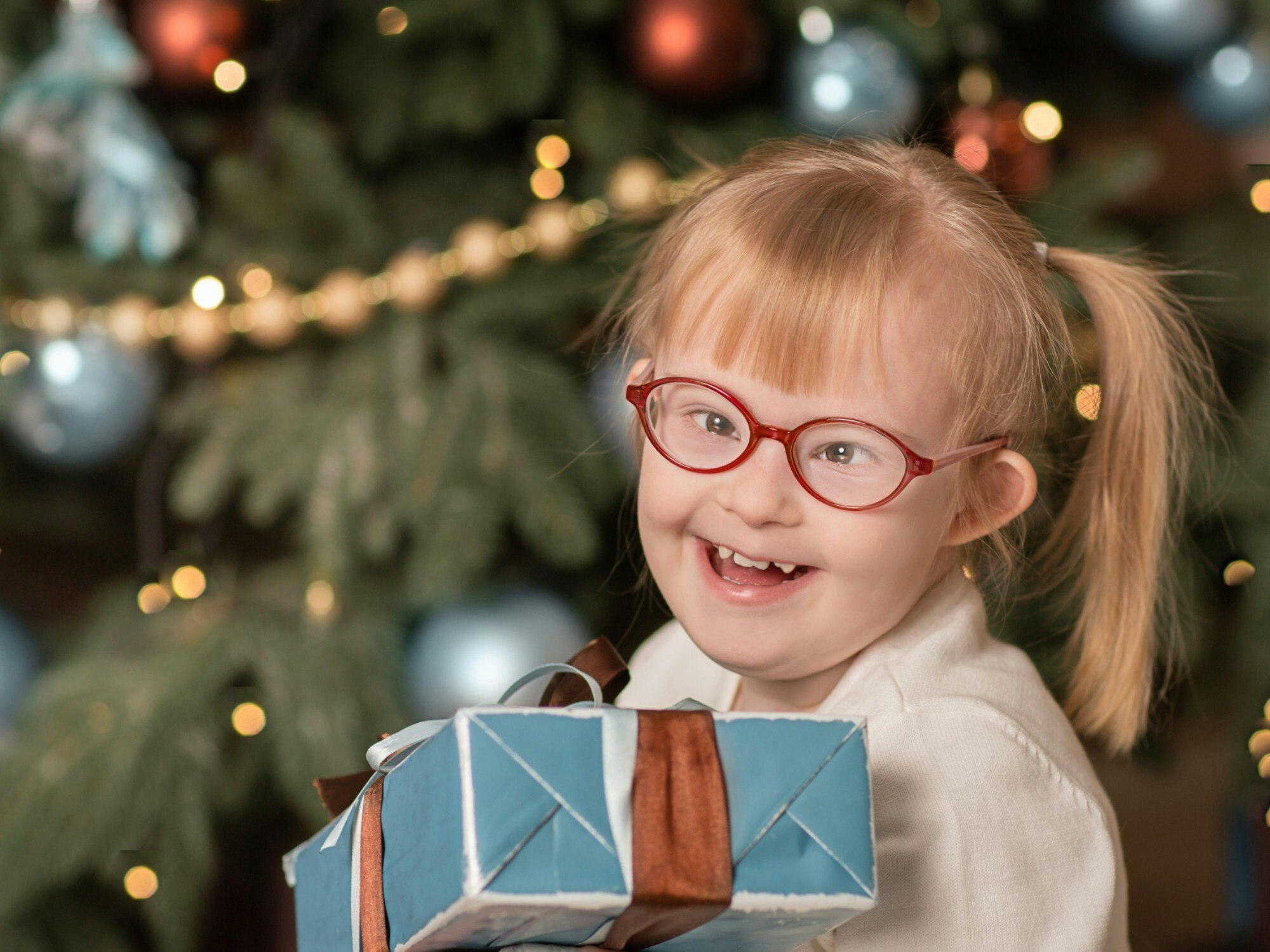Inclusion during the Christmas holidays
Last updated

Inclusivity during the festive season is important to all Australians and for people with disability, sometimes true inclusion means some adjustments for accessibility.
Key points
- Not all Christmas activities and events are automatically accessible to people with disability
- Planning ahead and not making a big deal out of any changes made for accessibility can help people with disability to feel more welcome
- It can be important to respectfully ask a visitor whether they need adjustments around Christmas time to facilitate accessibility
Below are some tips and suggestions around how to make sure your holiday celebrations, events, activities or Christmas gatherings are inclusive of all of your guests.
Ask and understand
First, it’s important to understand that every person is different and even people with the same disability can have different definitions of what accessibility means to them.
As people will have different preferences, if you’re unsure what changes need to be made the best thing to do is to ask the person respectfully what they would like to adjust.
Be aware that not all disabilities are physical and accessibility can extend to other factors in events and event spaces.
Accessibility includes, but doesn’t stop at, wheelchair access. It might also help to consider the level of noise at your Christmas event, whether there are quiet spaces people can go to for a break, and how overwhelming your venue is visually.
For example, if one of your guests uses hearing aids then having loud music playing in the background while you’re playing a separate game could be distracting, and they might not be able to be as engaged as they’d like.
Or if you have flashing lights around your house and Christmas tree, they could cause issues for people with sensory challenges. Turning flashing lights off or onto a solid setting could help guests with sensory challenges to avoid sensory overload.
If a family member or friend who is attending your Christmas party has mobility aids, other equipment or support workers which will help them to enjoy events, consider who’s house is best suited to these – or would it be better to have the event in a park, for example. Making the venue physically accessible is still just as important as making it accessible for people with non-physical disabilities.
Alongside the type of venue you choose, consider how far away the location is from your guests and how easy it will be for them to get there.
A little bit of understanding about these factors goes a long way and many people will appreciate it if you consult with them prior to your event so that they can feel more welcomed.
Plan and prepare
It’s always a good practice to make your events as open and accessible as possible. If this is the norm it can create comfort for everyone and it will only become easier to make sure each event is inclusive, as this kind of planning will become a habit.
If it is not natural to you and requires a little more effort or thought, don’t make an unnecessary fuss about it.
While it’s important to make sure everything is accessible during the event, make sure you treat everyone equally – if you make a huge fuss it can cause embarrassment and discomfort for you or your guests.
Planning ahead can also be an adjustment which promotes inclusivity, as some people with disability might need more time to prepare for your event.
For example, a person might have extra logistics to consider if they use a wheelchair and need to book an access taxi ahead of time to be transported to your event.
Giving as much notice as you can about the event and details of location, time, activities involved, what guests need to bring and what food or drinks will be served can all help with your guests’ planning.
When you’re planning who to invite, don’t pass over anyone who you think might like adjustments to help them enjoy the event, or who it might be “too hard” to invite. This is exclusion, even if you’re only subconsciously thinking about it and not intentionally excluding them.
Never assume a potential guest will not want to join your event, always ask them.
People sometimes feel awkward about inviting others around, especially if they do not know them well. But inviting a neighbour who lives on your street around for a Christmas event might mean the world to that person though, so don’t be afraid to invite other members of your community, outside your family and close friends.
Have you made adjustments to a festive event before? Tell us about your experience in the comments below.
Related content:
Summer holiday activities for kids with disability
Beating social isolation during the Christmas season
Planning your next accessible adventure